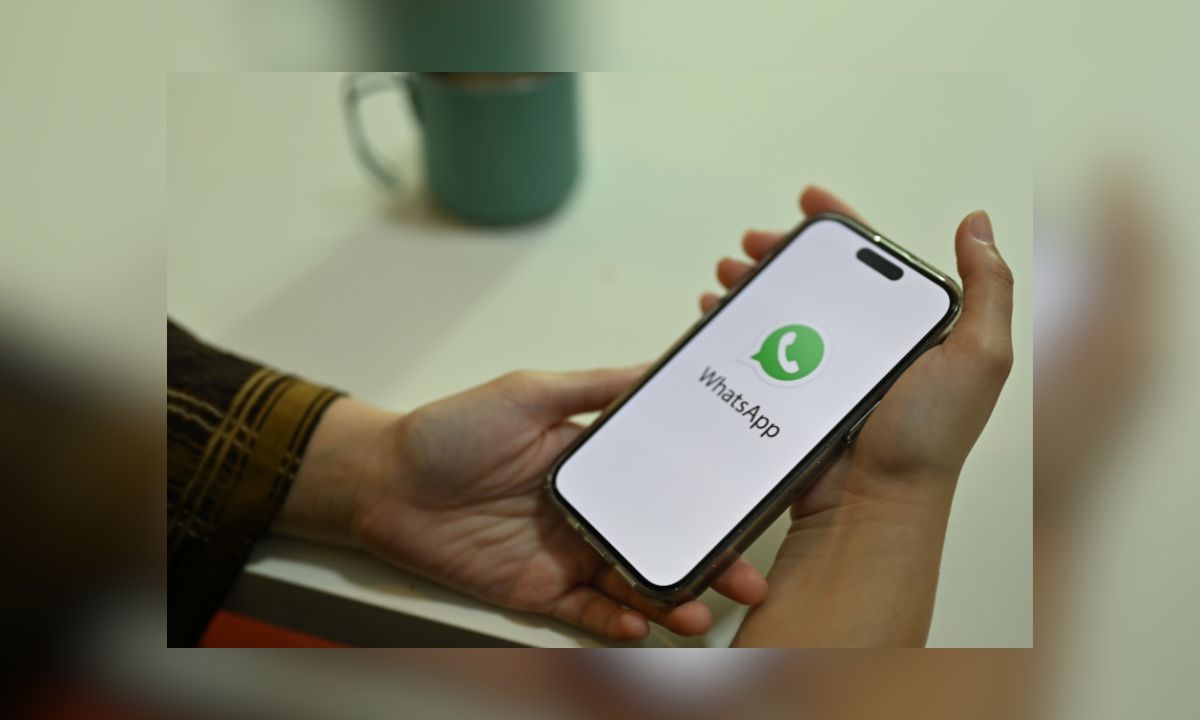WhatsApp Banned On U.S. House Devices Over Security Concerns

The U.S. House of Representatives has banned WhatsApp from all staff devices, citing security risks.
The decision follows concerns from the Office of Cybersecurity, which labeled WhatsApp a “high risk to users due to the lack of transparency in how it protects user data, absence of stored data encryption, and potential security risks involved with its use,” Reuters reported.
According to a memo sent to House staff, recommended alternative messaging apps included Microsoft’s Teams, Amazon’s Wickr, Signal, Apple’s iMessage, and FaceTime.
Meta, WhatsApp’s parent company, contested the ban.
“We disagree with the House Chief Administrative Officer’s characterization in the strongest possible terms,” a Meta spokesperson said, per The Guardian. “Messages on WhatsApp are end-to-end encrypted by default, meaning only the recipients and not even WhatsApp can see them. This is a higher level of security than most of the apps on the CAO’s approved list that do not offer that protection.”
In January, a WhatsApp official reported that the Israeli spyware company Paragon Solutions targeted its users, including journalists and civil society members, per Reuters. The House previously banned TikTok from staff devices in 2022 over similar security concerns.
Signal, another end-to-end encrypted app on the approved list, faced its own controversy when Defense Secretary Pete Hegseth shared details of planned Yemen attacks in two private Signal group chats, one created by National Security Adviser Mike Waltz that inadvertently included Atlantic journalist Jeffrey Goldberg.
The Pentagon had warned employees against using Signal due to a technical vulnerability that could be exploited by Russian hacking groups, according to an NPR-reported OPSEC bulletin from March 18. The Pentagon permits third-party apps like Signal for unclassified information but prohibits them for “non-public” unclassified data.